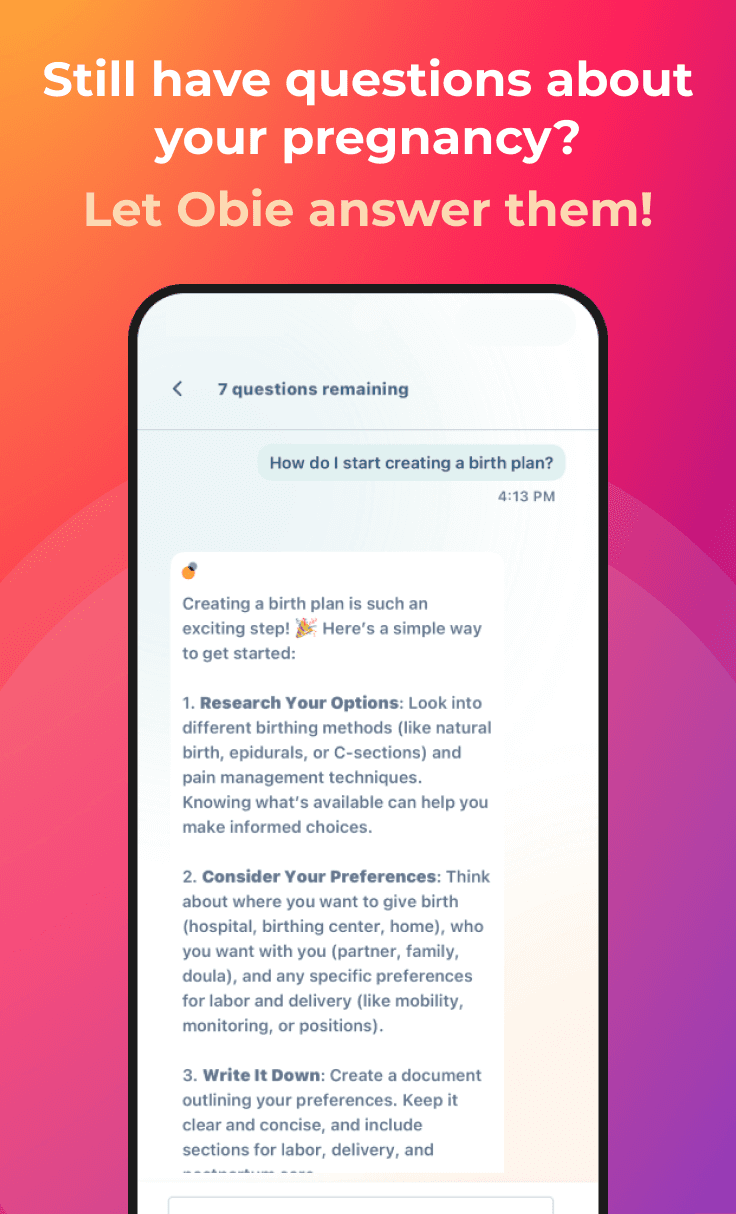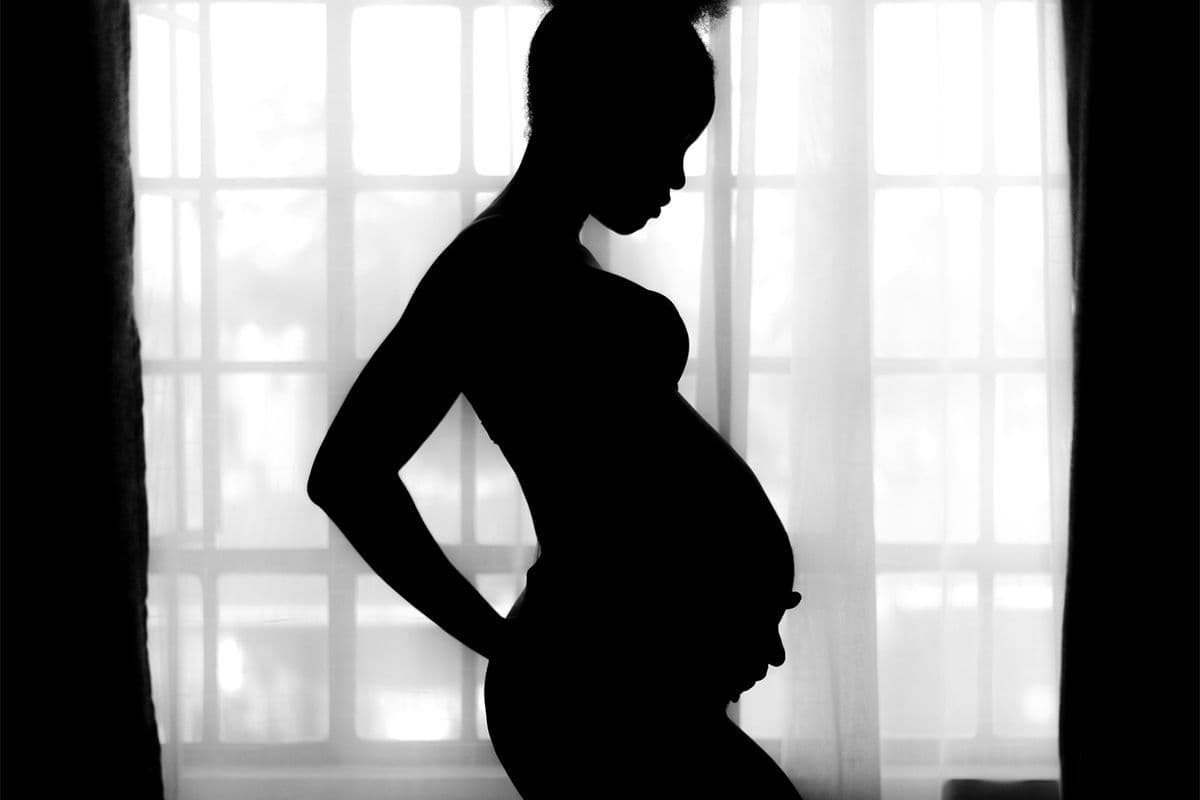Dental Hygiene Is Even More Important During Pregnancy
Obie Editorial Team
Whether you are trying to get pregnant or you are already pregnant: Good dental hygiene is important and regular cleaning and check-ups are essential for dental health.
Preventive dental cleanings and annual exams during pregnancy are not only safe, but are recommended. The rise in hormone levels during pregnancy causes the gums to swell, bleed, and trap food causing increased irritation to your gums.
Recent studies have shown an association between poor dental conditions and pregnancy complications such as preterm delivery and low birthweight babies. Preventive dental work is essential to avoid oral infections such as gum disease, which has been linked to preterm birth.
That's why it is recommended that every women trying to get pregnant and every pregnant woman see their dentist regularly, at least every 6 months.
Periodontal gum disease is an infection of the gums and bone, caused by plaque,a sticky film of bacteria that adheres to teeth and pregnant women are especially susceptible to periodontal disease. It is known that periodontal disease can adversely affect the pregnancy, but it is not completely understood what the exact mechanism is. Research suggests that the bacteria that cause inflammation in the gums can actually get into the bloodstream and target the fetus, potentially leading to premature labor and low birth weight babies, and one study shows an increased risk of preeclampsia in women with periodontal disease. You can possibly decrease your risk and to prevent the development of periodontal disease by seeing your periodontist or dentist before and during pregnancy. For women who are planning to get pregnant, a thorough periodontal exam and appropriate treatment should begin prior to pregnancy. For women who are already pregnant, meticulous oral hygiene and frequent professional cleanings may be helpful.
This is also true for women who need dental work during pregnancy. Not caring for your teeth may negatively impact on the pregnancy.
Dental work such as cavity fillings and crowns and even root canal treatment should be done to reduce the chance of infection. Local anesthesia as well as dental X-rays with abdominal shielding are safe in pregnancy and will not affect the fetus. Antibiotics such as penicillin, amoxicillin, and clindamycin, which are labeled category B for safety in pregnancy, may be prescribed after your procedure.
Elective tooth treatments, such as teeth whitening and other cosmetic procedures, should be postponed until after the birth.









